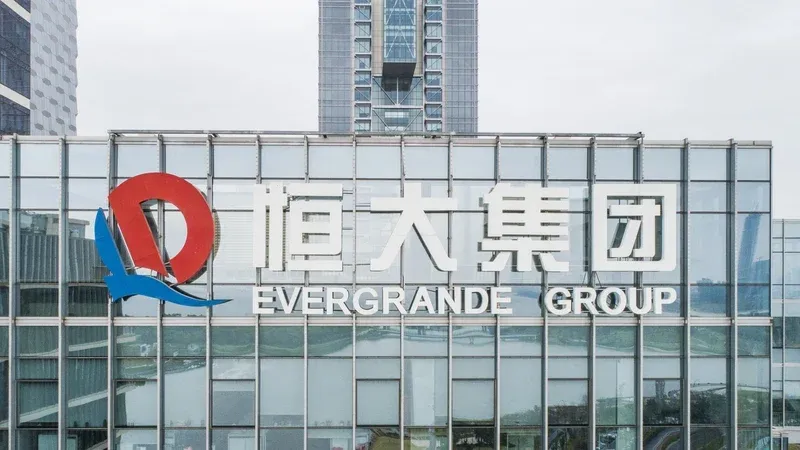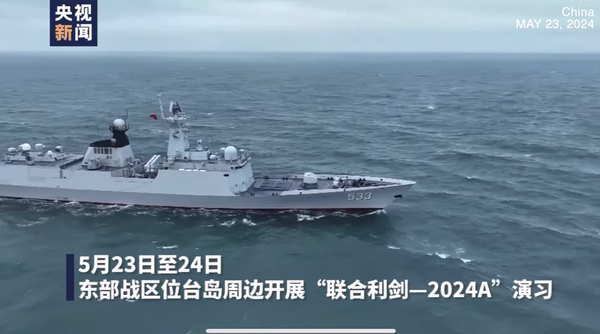Hong Kong Court Orders Liquidation of China's Evergrande, World's Heavily Indebted Real Estate Giant

In a significant development, a Hong Kong court has ruled for the liquidation of China Evergrande, the world's most indebted real estate developer, after its attempts to restructure a staggering $300 billion debt faced failure. The decision comes amid mounting concerns over China's escalating debt crisis.
Judge Linda Chan, presiding over the case, deemed it appropriate to order Evergrande's liquidation due to the company's inability to present a viable restructuring proposal and its current state of insolvency. Evergrande is among several Chinese developers that have collapsed since 2020, reflecting the government's efforts to curb rising debt viewed as a threat to China's economic growth.
The crackdown on excessive borrowing has triggered a property industry crisis, impacting the economy as numerous developers faced financial troubles. Global financial markets were initially unsettled by fears of an Evergrande liquidation causing global shockwaves, but Chinese regulators assured that risks could be contained, with only a small portion of Evergrande's debt owed to foreign creditors.
The impact on China's financial system remains uncertain as Evergrande's Hong Kong-traded shares plummeted nearly 21%, leading to a suspension of trading. However, Hong Kong's benchmark Hang Seng index showed resilience with a 0.9% increase, and some property developers experienced gains in their share prices.
While Evergrande may appeal the ruling, its CEO, Shawn Siu, expressed "utmost regret" at the liquidation order. Siu clarified that the order only affects the Hong Kong-listed unit, emphasizing the independence of the group's domestic and overseas entities. Siu assured stakeholders that the company would strive to continue operations and deliver properties to buyers, pledging efforts to resolve risks and dispose of assets in accordance with the law.
Evergrande's history of failed engagements and lack of a concrete restructuring proposal were cited by Judge Chan as reasons for the court's decision. Critics argue that the company's vague ideas did not adequately protect the interests of creditors, leading to the conclusion that winding up Evergrande through the court would better safeguard these interests.
The impact on Evergrande's vast operations in the Chinese mainland remains uncertain, with analysts viewing this liquidation as a test case. As the fallout from the property crisis affects China's shadow banking industry, concerns about the broader implications on the economy persist, particularly in the context of the country's high debt levels relative to its economic output.



